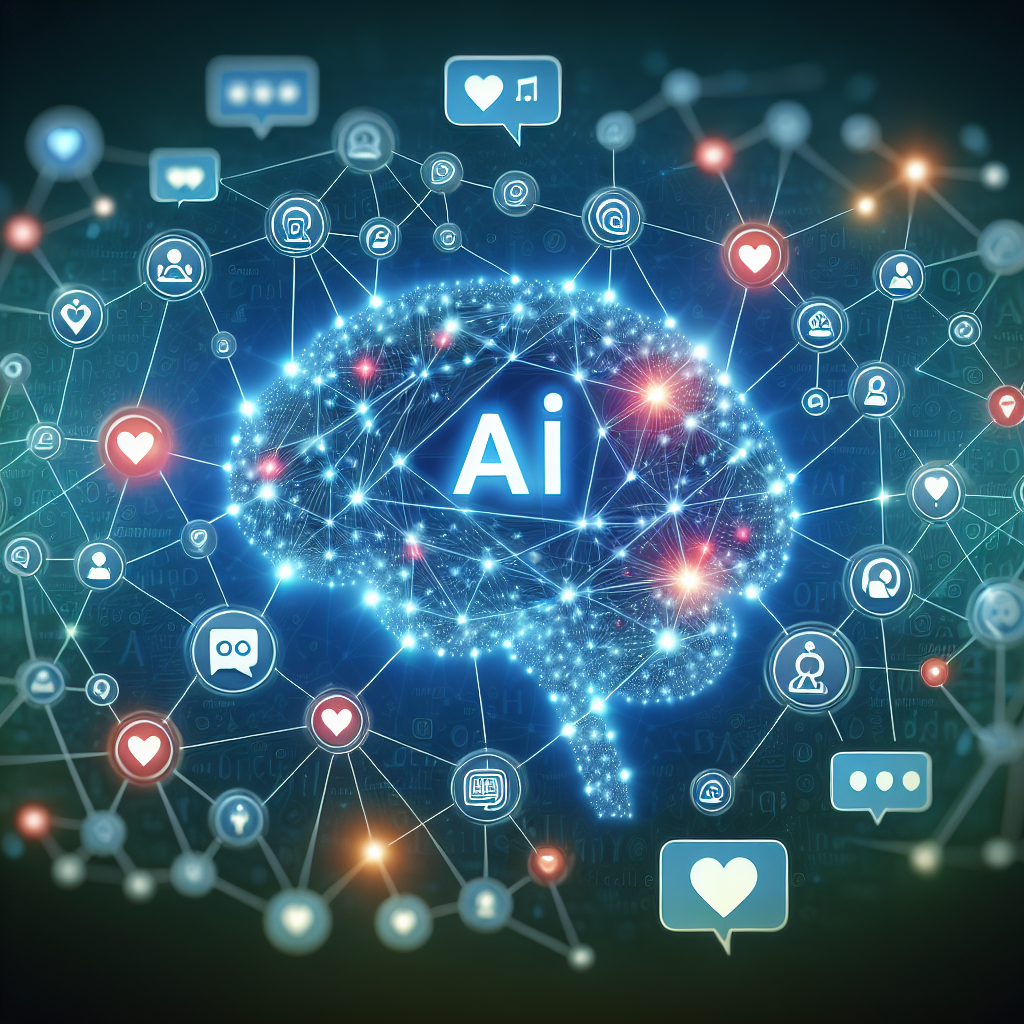In today’s digital age, social media has become a powerful tool for communication and information sharing. With the rise of social media platforms such as Facebook, Twitter, and Instagram, organizations have been able to reach a wider audience and engage with their customers in real-time. However, with the benefits of social media also come challenges, particularly when it comes to managing crises.
Social media crisis communication has become a crucial aspect of public relations for organizations, as a crisis can quickly escalate on social media platforms and have a significant impact on a company’s reputation. In these situations, having a well-thought-out crisis communication strategy is essential to effectively address the issue and mitigate any potential damage.
Artificial Intelligence (AI) has the potential to revolutionize social media crisis communication by providing organizations with tools and technologies to better understand and respond to crises in real-time. AI can help organizations monitor social media platforms for any signs of a crisis, analyze data to identify emerging issues, and even automate responses to address customer concerns.
Exploring the Potential of AI in Social Media Crisis Communication
1. Monitoring social media for early warning signs of a crisis
One of the key benefits of AI in social media crisis communication is its ability to monitor social media platforms for any early warning signs of a crisis. AI-powered tools can analyze vast amounts of data in real-time to detect any unusual patterns or trends that may indicate a potential crisis brewing.
For example, AI algorithms can track keywords and hashtags related to a company or industry to identify any negative sentiment or spikes in online conversations. This early detection can help organizations proactively address the issue before it escalates and becomes a full-blown crisis.
2. Analyzing data to identify emerging issues
AI can also help organizations analyze data to identify emerging issues and trends on social media platforms. By using natural language processing and sentiment analysis, AI algorithms can categorize and prioritize social media conversations based on their relevance and potential impact on the organization.
This valuable insight can help organizations understand the root causes of a crisis, identify key stakeholders and influencers, and develop targeted communication strategies to address the issue effectively.
3. Automating responses to address customer concerns
In the midst of a social media crisis, organizations often struggle to respond to customer inquiries and concerns in a timely manner. AI-powered chatbots can help automate responses to common customer queries and provide real-time support to customers during a crisis.
By using machine learning algorithms, chatbots can learn from past interactions and improve their responses over time. This can help organizations streamline their crisis communication efforts and ensure that customers receive timely and accurate information when they need it most.
FAQs
Q: How can AI help organizations monitor social media for potential crises?
A: AI-powered tools can monitor social media platforms for any early warning signs of a crisis by analyzing data in real-time to detect any unusual patterns or trends that may indicate a potential crisis brewing.
Q: What are some examples of AI-powered tools for social media crisis communication?
A: Some examples of AI-powered tools for social media crisis communication include social listening platforms, sentiment analysis tools, and chatbots that can automate responses to customer inquiries during a crisis.
Q: How can organizations leverage AI to improve their crisis communication strategies?
A: Organizations can leverage AI to improve their crisis communication strategies by using AI-powered tools to monitor social media for potential crises, analyze data to identify emerging issues, and automate responses to address customer concerns in real-time.
Q: What are some best practices for implementing AI in social media crisis communication?
A: Some best practices for implementing AI in social media crisis communication include conducting regular training and education for staff, monitoring and evaluating the effectiveness of AI tools, and staying informed about the latest trends and technologies in AI.
In conclusion, AI has the potential to revolutionize social media crisis communication by providing organizations with the tools and technologies to better understand and respond to crises in real-time. By leveraging AI-powered tools to monitor social media, analyze data, and automate responses, organizations can effectively manage crises and protect their reputation in the digital age.

